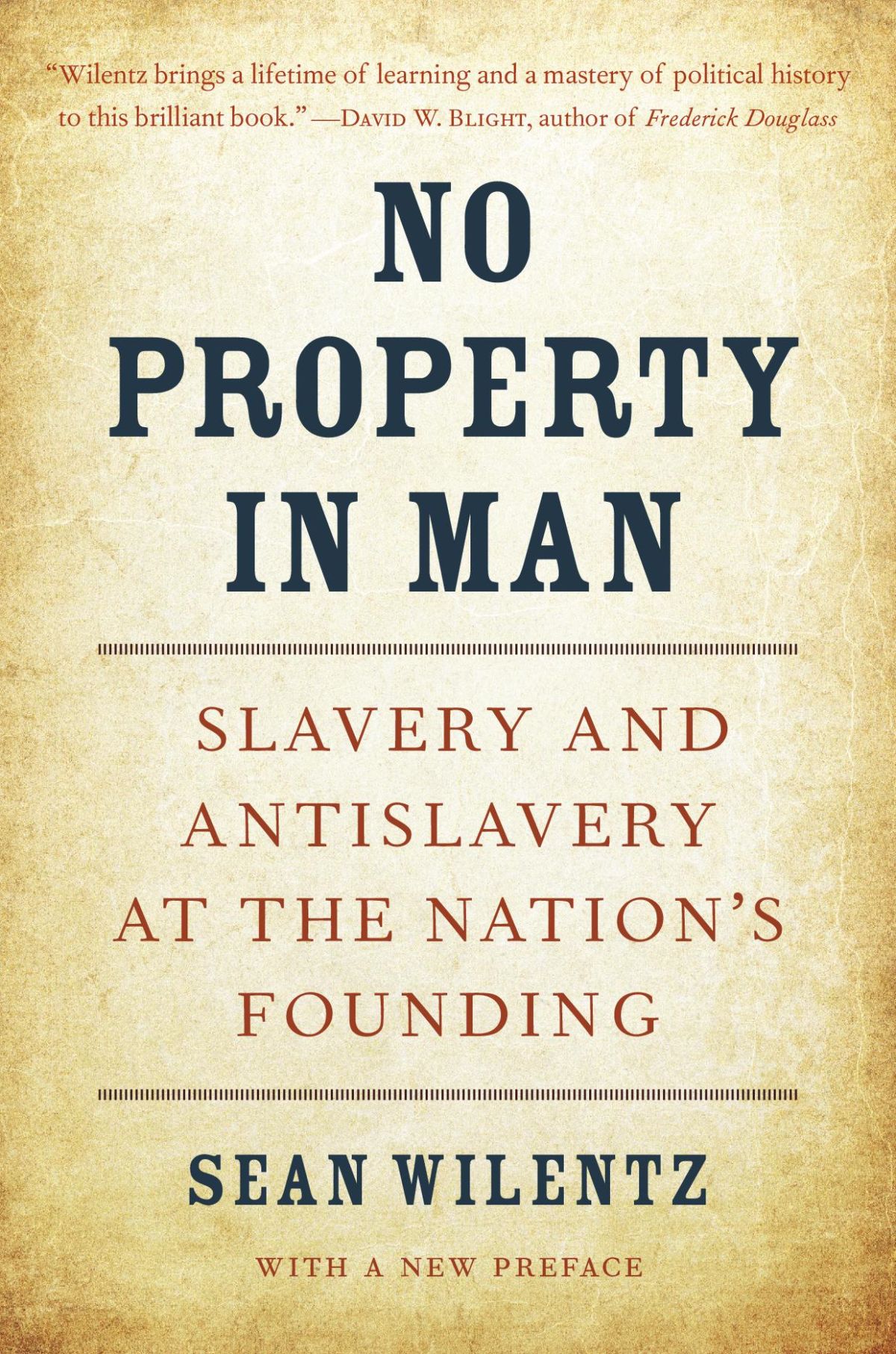In making the case for an antislavery Founding, Wilentz misses the most obvious and historically plausible defense against the charge that the Founders facilitated the full horrors of US slavery. In 1787 white Americans could still indulge in the belief that the historical tide was turning against human bondage. The cotton gin had not yet been invented, and the cotton belt remained in the possession of its Native American inhabitants. In the 1780s, a chorus of international antislavery activists—such as Thomas Clarkson, William Wilberforce, Phillis Wheatley, Olaudah Equiano, Anthony Benezet, and Jacques Pierre Brissot—believed that the force of public opinion could overturn the power of the slaveholders. Britain and the United States seemed poised to ban the slave trade; these activists predicted that, without new arrivals from Africa, slavery would wither and die. Every delegate in Philadelphia should have known that the Constitution’s protections for slavery would slow this antislavery tide; but many might have told themselves that they were only delaying the inevitable.
This interpretation may be overly generous to the Founders, many of whom had already concluded that racial coexistence after emancipation would be as great a challenge for prejudiced white people as ending slavery. But the argument that the Founders couldn’t foresee the horrors of the cotton belt seems more convincing than the suggestion that James Madison slipped in antislavery language for Abraham Lincoln to use during the 1860 presidential race. So why is Wilentz so interested in a form of antislavery originalism? The answer, I think, lies in politics rather than history. No Property in Man began as a series of lectures at Harvard in 2015. That year, Wilentz got into a spat with Bernie Sanders after the presidential candidate told an audience in Virginia that the United States “in many ways was created…on racist principles.” Wilentz, in a New York Times Op-Ed, dismissed “the myth that the United States was founded on racial slavery” and accused Sanders of “poison[ing] the current presidential campaign.” To describe the Founding as racist was, Wilentz wrote, to perpetuate “one of the most destructive falsehoods in all of American history.”
Wilentz has long been a liberal activist. For more than a quarter-century, he faithfully supported Bill and Hillary Clinton. During the Lewinsky scandal in 1998, he warned Congress that “history will track you down and condemn you for your cravenness” if Bill Clinton was impeached. In a 2008 editorial in The New Republic, he accused Barack Obama and his campaign team of keeping “the race and race-baiter cards near the top of their campaign deck” during their battle with Hillary Clinton for the Democratic nomination. He has been a particularly sharp critic of those who’ve rallied behind candidates to the left of the Clintons. In a recent article lamenting the Sanders phenomenon, Wilentz accused the left of being irresponsible in its economic promises, solipsistic in its embrace of identity politics, and disrespectful toward the achievements of the liberal tradition. Trashing the Founders is, for Wilentz, another sign of progressive immaturity.
